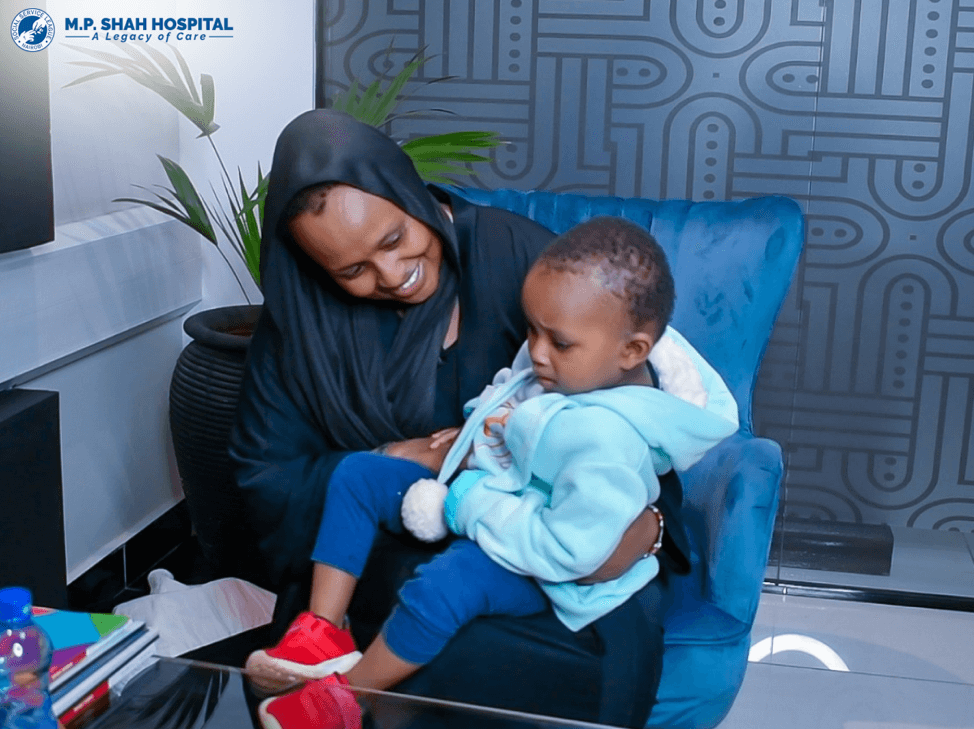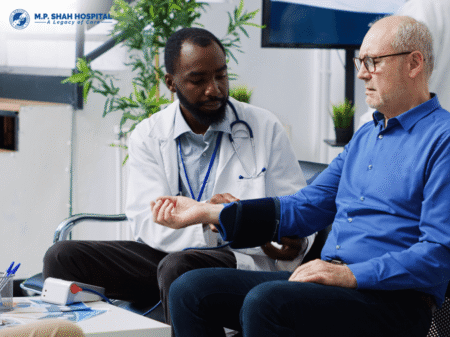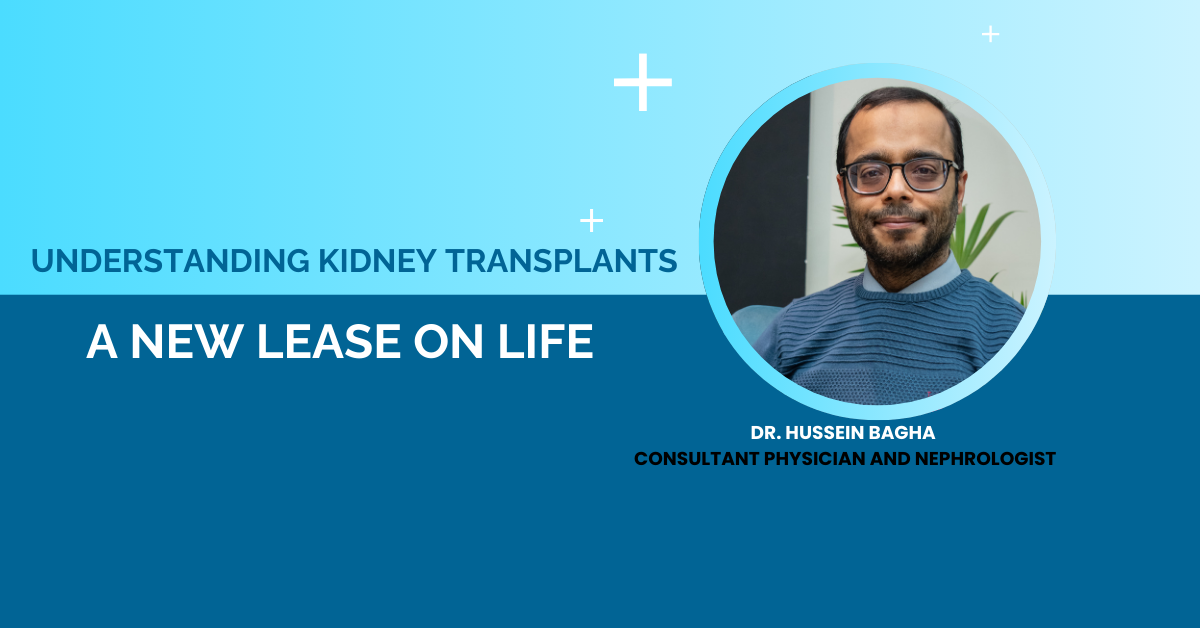M.P Shah Hospital is looking to recruit a professional and evidence-driven person for a vacancy in the Accident & Emergency (A&E) Department, as the Emergency Medicine Doctor.
EMERGENCY MEDICINE DOCTOR–JOB ADVERT
Reporting to the HoD A&E, the Emergency Medicine Doctor will be responsible for providing high quality, timely medical care to patients presenting with acute illnesses or injuries. The physician will work as part of a multidisciplinary team to stabilize, diagnose, and manage patients in the Accident & Emergency Department, ensuring best clinical outcomes and adherence to hospital protocols.
Main Duties & Responsibilities:
1. Quick assessment of acutely ill undifferentiated patients within A&E, stabilization and timely disposition of such patients.
2. Use of point of care tests like BGA, Ultrasound and ECG machines and quick accurate interpretation of results to aid in timely management.
3. Arranging and requesting appropriate investigations and development of a treatment plan based on the results
4. Monitor and care for patients- Work hand in hand with other hospital staff to ensure frequent review of patients with the emergency rooms, check up on progress and note/flag aspects of patient progress that need further evaluation/ urgent specialist consultation.
5. Perioperative Management: Ranging from preoperative analysis and review, obtaining consents. Bedside, minor surgical procedures that do not require theatre space.
6. Execution of proper Disposition of patients seen in the A&E: Detailed clerkship of patients, arranging and properly documenting discharges, proper consultation and handover of admitted patients to the receiving teams: Consultants, ward/Critical care teams.
7. Championing evidence-based practice, patient centered care, service excellence and continual improvement to provide premier patient-centered tertiary healthcare services.
8. Team leadership: Fostering team work among emergency department staff and leading teams in resuscitation and execution of patient treatment plans.
9. Teaching and mentorship: Mentoring and teaching junior doctors on approach and management of emergency patients.
Qualifications, Regulatory & Legal Requirements
1. Bachelor of Medicine and Bachelor of Surgery (MBChB or equivalent).
2. Postgraduate training in Emergency Medicine is preferred.
3. Valid practice license from the Kenya Medical Practitioners and Dentists Council (KMPDC).
4. Current certifications in Advanced Cardiac Life Support (ACLS), Advanced Trauma Life Support (ATLS), and Pediatric Advanced Life Support (PALS).
5. Minimum of 3 years’ post-internship experience in a busy emergency department
Interested and qualified candidates in the above positions are encouraged to forward their applications to the hospital recruitment portal through the link below: https://recruitment.mpshahhosp.org:6670/careers on or before 27th May 2025.
’MP Shah Hospital is an equal opportunity employer’











